Deep Dive: Assessment in Primary
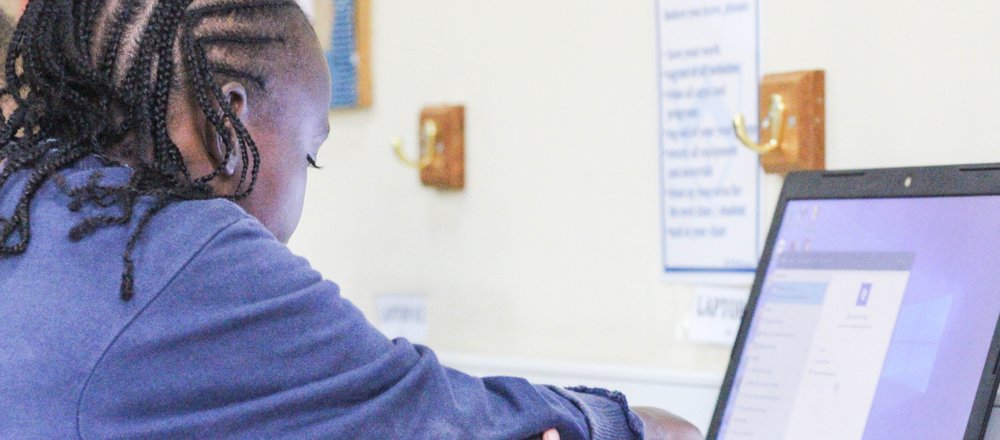
5th May 2023
Primary education is an essential stage in a child's academic journey, laying the foundation for future learning and development. Assessing children's progress during this stage is crucial to identify their strengths and areas that need improvement. Braeburn International School Arusha (BISA) employs a variety of different assessment methods to evaluate students' academic performance. Let's take a closer look at the three different ways BISA assesses children in primary school.
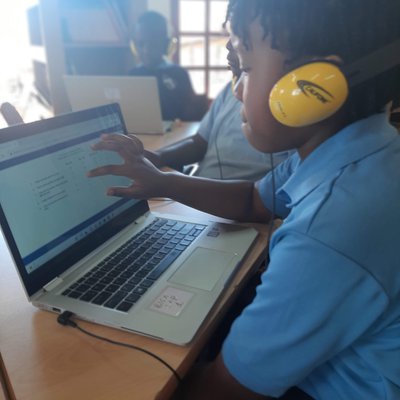
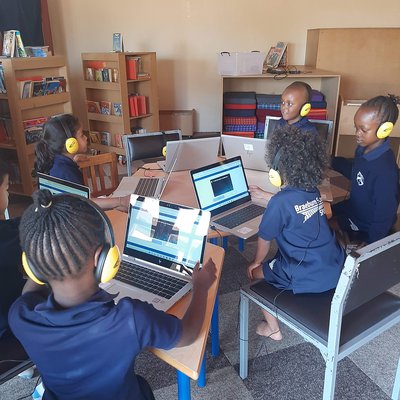
GL Assessments - CAT-4 and PASS
BISA uses GL Assessments' Cognitive Abilities Test - Fourth Edition (CAT-4) and Pupil Attitudes to Self and School (PASS) assessments to understand a child's cognitive abilities and their attitudes towards learning. The CAT-4 measures a child's abilities in verbal, non-verbal, quantitative, and spatial reasoning. It provides teachers with an insight into a child's potential and can help identify any underlying learning difficulties. On the other hand, PASS measures a child's attitudes towards learning, self-esteem, and social competence. By understanding a child's attitudes, teachers can identify any barriers to learning and provide targeted support.
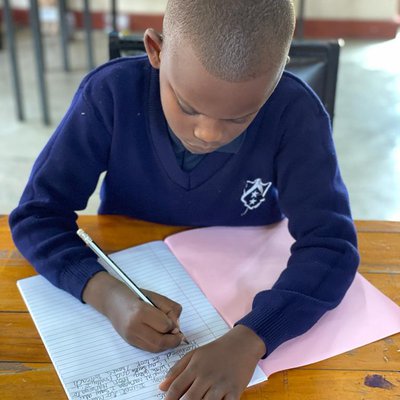
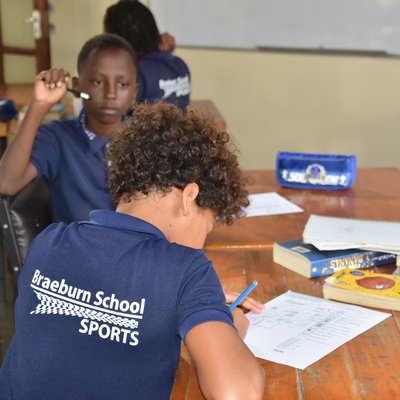
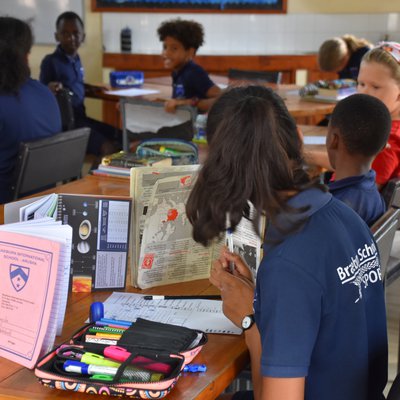
Standardised Assessments - Progress in Maths, English, and NGRT
BISA also uses standardised assessments to measure a child's academic progress in Maths and English. These assessments provide teachers with an objective measure of a child's performance compared to other children of the same age. Additionally, BISA uses the New Group Reading Test (NGRT) to assess a child's reading ability. NGRT provides detailed information about a child's reading skills, including decoding and comprehension. Teachers use this information to identify any areas that need improvement and provide targeted support.
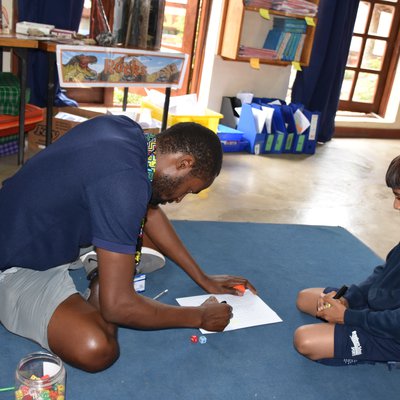
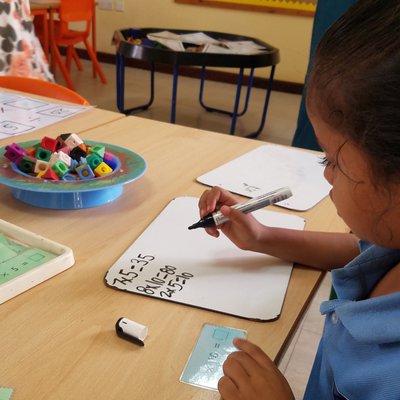
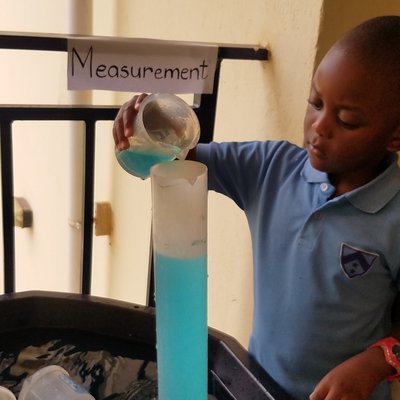
Ongoing Classroom-based Teacher Assessments
In-class teacher assessments are an essential part of BISA's assessment framework. Teachers observe and assess children's performance throughout the year, providing ongoing feedback to children and their parents. These assessments provide teachers with a holistic view of a child's academic progress, including their strengths and areas that need improvement. Teachers can adjust their teaching strategies based on a child's individual needs, ensuring that every child receives the support they need to succeed.
Each type of assessment used by BISA builds a full picture of a child's progress and potential. GL Assessment's CAT-4 and PASS provide teachers with an insight into a child's cognitive abilities and attitudes towards learning. Standardised assessments provide an objective measure of a child's academic progress, while in-class teacher assessments provide a more holistic view of a child's performance. By using a variety of assessment methods, BISA can identify each child's unique learning needs and provide targeted support to help them reach their full potential.



